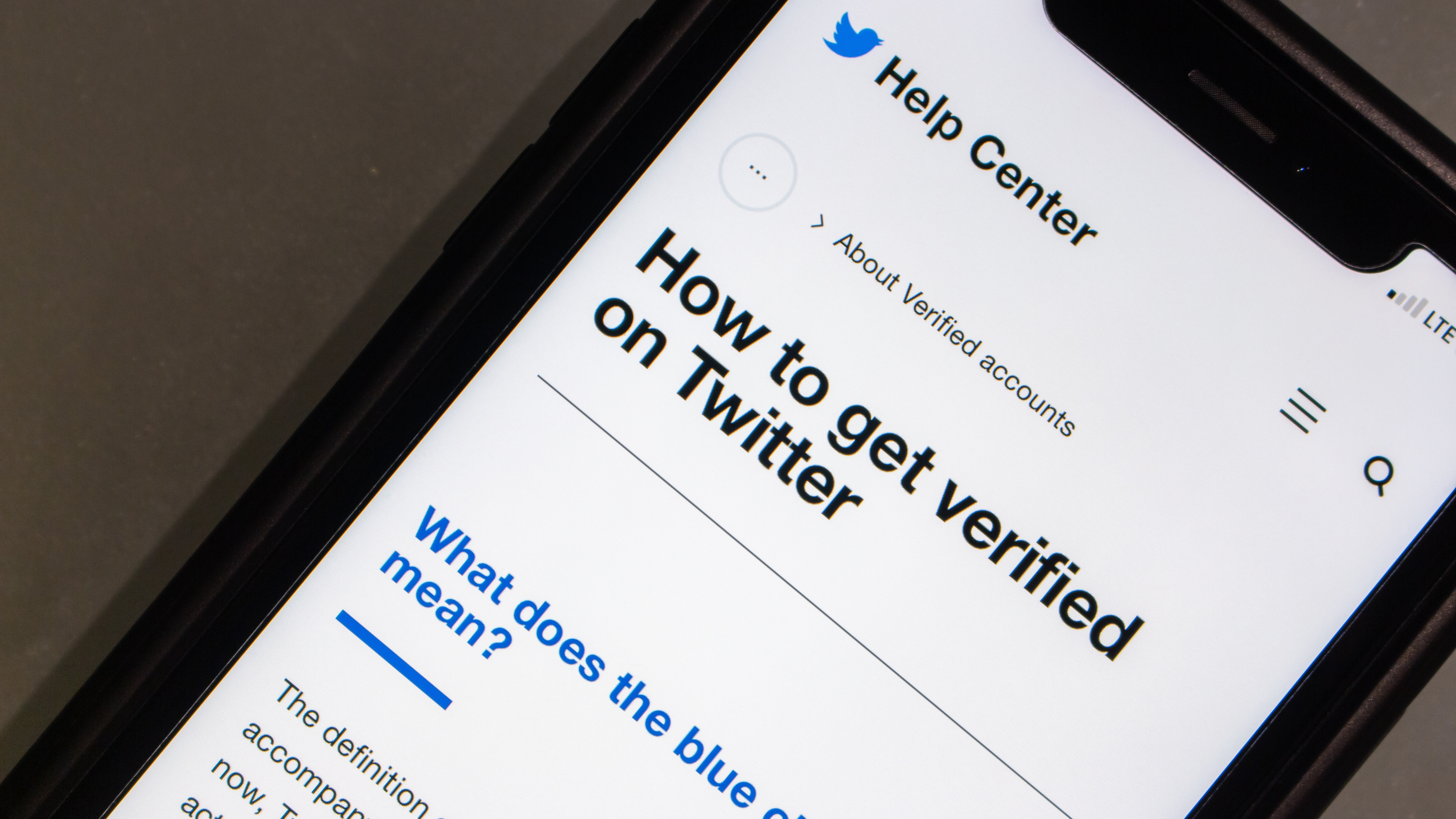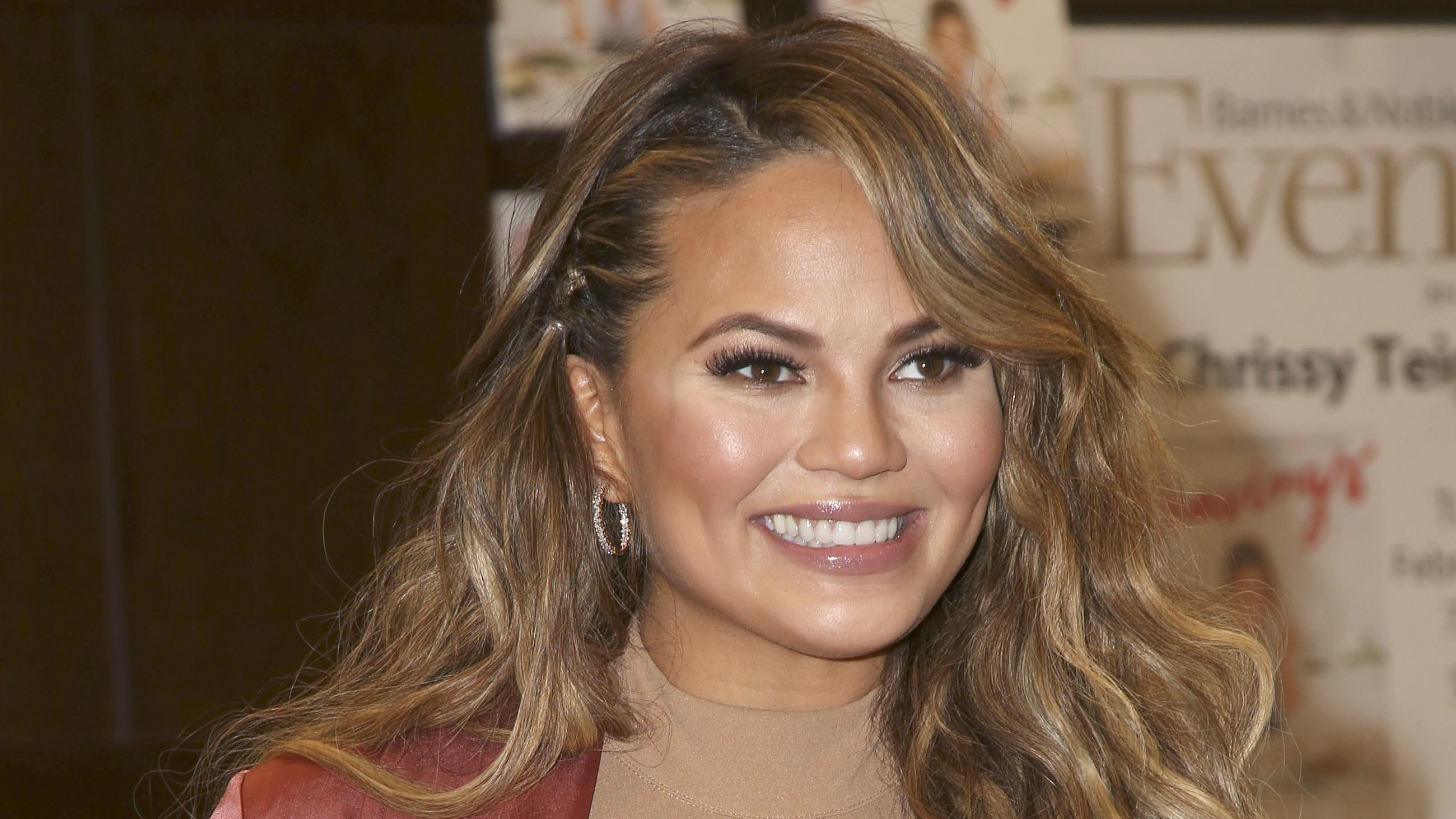What being Twitter blue check verified meant to a normal person like me
Yeah, I'm kinda Twitter famous, so what

I got my Twitter blue check because I asked for it, but I wouldn’t pay for it. It’s been a fun, silly quirk that I relish, but nobody else cares about, like having a diamond stud in a pierced nipple. I’ve used it to talk with people who would otherwise ignore me. One time, it really impressed folks, but being impressive did me no good. I’ll be sad if it goes, and a little worse off, but it was like many golden opportunities in life. Fleeting, memorable, and worth the good story.
I joined Twitter because I saw that there was an industry event, a party with free food and booze, to which I hadn’t been invited. I joined Twitter and followed my regular crowd of industry friends who get invited to parties. I asked Sascha Segan, formerly the mobile reviewer at PC Magazine, where the party at? He told me. Twitter paid off on day one.
It was easy to see Twitter’s appeal as the virtual water cooler, because my work friends were dispersed across the Internet and the globe. We had no water cooler, except at tech industry events, under the watchful eye of corporate PR and managing editors.
It was great to have a place to share ideas and opinions about phones and technology. It wasn’t much more than that. It was photos of great sandwiches and customer service gripes and occasionally you’d watch two people flirt and get together. It was fun.
@michellebarna or @misssarcastic It seemed only right to ask here, where we first met: will you marry me?November 10, 2013
I joined the Samsung Marketing department in 2011, moved to Public Relations where I managed phone reviews, then left in 2017. I was one of the few folks in the US authorized to speak on Samsung’s behalf and give my actual name. Most PR flacks will ask journalists to write “said a Samsung spokesperson” when they are quoted.
Not me, I could get my name in the paper without getting fired. Getting your name in the paper, like the New York Times, is a funny thing. I think most people think it would be cool to be mentioned in the New York Times. For me, and especially folks in PR, it’s not usually cool. It’s frightening. It means something bad may be going down. It means I stuck my head out too far, and I might get hit.
I’ve never had enough Twitter followers to get verified without asking. I’ve never been famous, or infamous, thankfully. Shortly after the blue check mark appeared and became a coveted tag on Twitter, the company offered a way to apply for a blue check. I applied and got accepted.
Sign up for breaking news, reviews, opinion, top tech deals, and more.
To apply, I sent a couple of articles from The New York Times that quoted me by name. I also sent some byline articles from old web sites, but being a named Samsung spokesperson quoted in the Times was enough, I’m sure.
I caught someone on the media team in a good mood, certainly, because I know more famous, more widely published, and more deserving people who were denied a blue check through the same application process. Heather Poole, for instance, is a best selling author who spoke in the past of being denied a check mark.
An amazing thing happened after I got verified - nothing
So, I’m verified, now what? Well, nothing, really. My follower count didn’t climb. My tweets didn’t reach a massive audience. It was a status symbol, but there wasn’t much benefit.
Except that blue check verified Twitter users can filter responses to only see those that come from blue checks. I never bothered to do this, I’d lose most of my engagement on Twitter because I’m a normal human being, just like the people I talk to.
Celebrities, on the other hand, clearly filter for blue checks. Otherwise, why would they respond to me?
It is not difficult to get a response from a celebrity on Twitter if you have a blue check mark. Say something slightly interesting, not repetitive, and in no way offensive. Compliment their compliment and add to it, and you will probably get a like. Find the way their timeline is flowing and flow in the same direction, and the blue check will make sure your message is on the surface, not beneath the current.
A post shared by 365 Days of Nigella (@365daysofnigella)
A photo posted by on
Recently, I’ve engaged a few times with Nigella Lawson. I’ve been a longtime fan, and I follow a wonderful cook, Nathan Young, who Instagrammed himself cooking a full year of Nigella recipes. The food looked fantastic, with gorgeous photography, and Nigella took notice. She paid him compliments almost daily. I occasionally joined the applause, or added my own, and Nigella gave a thumbs up or chime in. Sometimes she drops a note. She’s awesome.
Otherwise, I haven’t tried to abuse my blue check, though maybe I should have had more fun now that it’s all seemingly coming to an end. Maybe I should have used my check mark for networking, or making friends with someone famous. Maybe I could have scored an invite to Nigella’s house for lunch on Day 365, if I’d leveraged my check mark better.
The type of person who is impressed by my blue check
You are judged not by your achievements, but by how many emails you send and how many meetings you hold
There was only one time when anyone acted truly impressed by my blue check, and it was exactly the sort of anyone and the sort of impressed you’d sadly expect. It was Public Relations impressed.
I worked with Samsung’s PR team, but I don’t enjoy working in PR. I just like playing with phones and technology and cool toys, and Samsung needed someone like me for a while. When I left Samsung, I tried to stick with Public Relations and failed miserably. I hated the job and couldn’t gather any motivation to do PR work for products I didn’t care about.
At my PR career zenith, I took a job at an agency in Boston. It was a high-paying job, and one I didn’t apply for. I applied for a lower-level Account Supervisor job, but when they saw I had so much experience in PR at Samsung, they asked me if I’d be an Account Director instead. I stupidly said yes because I didn’t know how to do the Supervisor job, so what did it matter if I took a Director job I didn’t know how to do instead.
I left within a month. I left amicably, and they offered me a nice bit of severance, even though they were happy to see me go. They thought they were looking for someone who was trained outside of PR Agency culture. I thought I wanted to work at a PR Agency. We were both wrong.
A PR agency has a definite culture. There is a strong hierarchy of underlings and bosses. You are judged not by your achievements, but by how many emails you send and how many meetings you hold to achieve them. After all, the client is billed for hours, not achievements.
When I got to that PR agency, the junior staff did their research on me, by which I mean Google. I have plenty of bylines after years of editorial work, and some of it is quite personal and revealing. I’ve discussed divorce, weight loss surgery, and mental health issues in some detail. That’s not what got me noticed.
“Chrissy Teigen follows you.” That’s what she noticed.
I didn’t even know the name of the young woman who was impressed by this, nor the crowd of young folks around her. She hadn’t introduced herself. She had found my Twitter page and Twitter will tell you if anyone you follow also follows this person. She follows Chrissy Teigen. Chrissy Teigen follows me.

I don’t know why Chrissy Teigen follows me, but I like Chrissy Teigen a lot. I’ve cooked from her recipes and her food is really good. She’s the real deal, not just a fancy influencer putting out bogus recipes for Insta content.
My guess is that I said something slightly interesting in response to Ms. Teigen, and because I have a blue check, she noticed. She did a commercial for Samsung, so having Samsung in my bio may have also helped. I’ll never know.
I thought about asking Ms. Teigen for this story why she follows me, but then I realized how dumb that sounded. She doesn’t know who I am. She follows 4,700+ people, which is far more than the number of people who follow me. She is followed by 12.8 million people on Twitter. If she could remember why she followed me, it’s because I did something stupid. I’m not that clever.
I had no answer to the apparent question “Chrissy Teigen follows you.” That was the right answer. It added to my mystery. That was the only time my blue check has ever elevated my status. I became somehow important to a group of people who were literally my subordinates already.
I’m sad to see my blue check go, or become totally meaningless and devalued, whatever happens. It won’t change anything for me personally or professionally, though it will make me feel just a bit less special. I wonder if PR flacks will ever fake being impressed by me again. I’m curious if I’ll ever be able to get a famous person to talk to me online again. Maybe I’ll just do it the old fashioned way. Pick up a recipe book and start blogging.

Starting more than 20 years ago at eTown.com. Philip Berne has written for Engadget, The Verge, PC Mag, Digital Trends, Slashgear, TechRadar, AndroidCentral, and was Editor-in-Chief of the sadly-defunct infoSync. Phil holds an entirely useful M.A. in Cultural Theory from Carnegie Mellon University. He sang in numerous college a cappella groups.
Phil did a stint at Samsung Mobile, leading reviews for the PR team and writing crisis communications until he left in 2017. He worked at an Apple Store near Boston, MA, at the height of iPod popularity. Phil is certified in Google AI Essentials. His passion is the democratizing power of mobile technology. Before AI came along he was totally sure the next big thing would be something we wear on our faces.